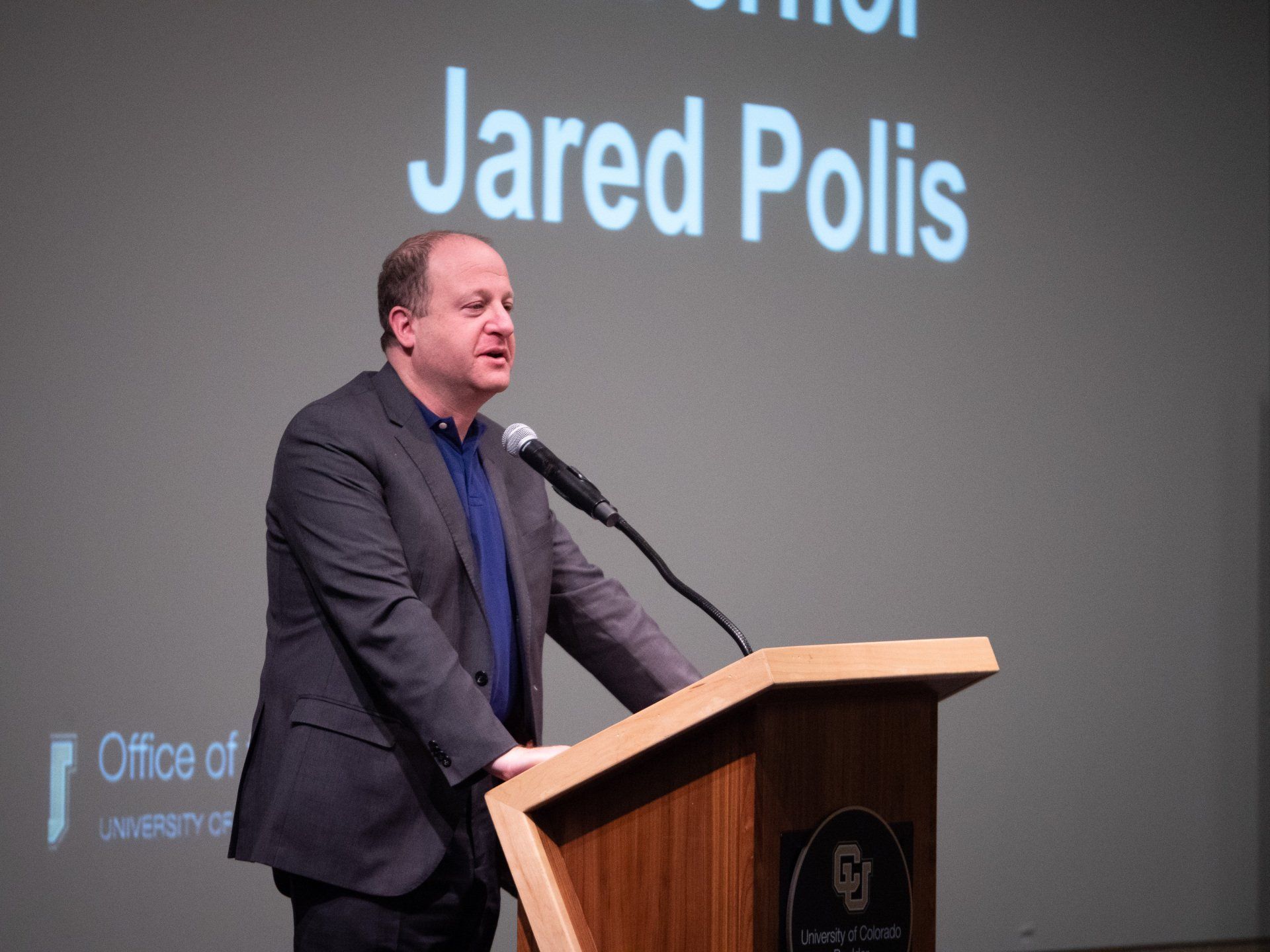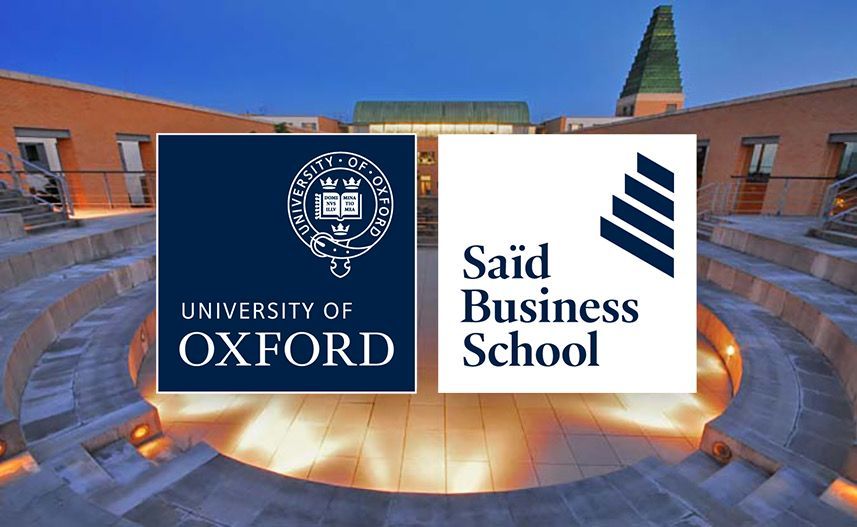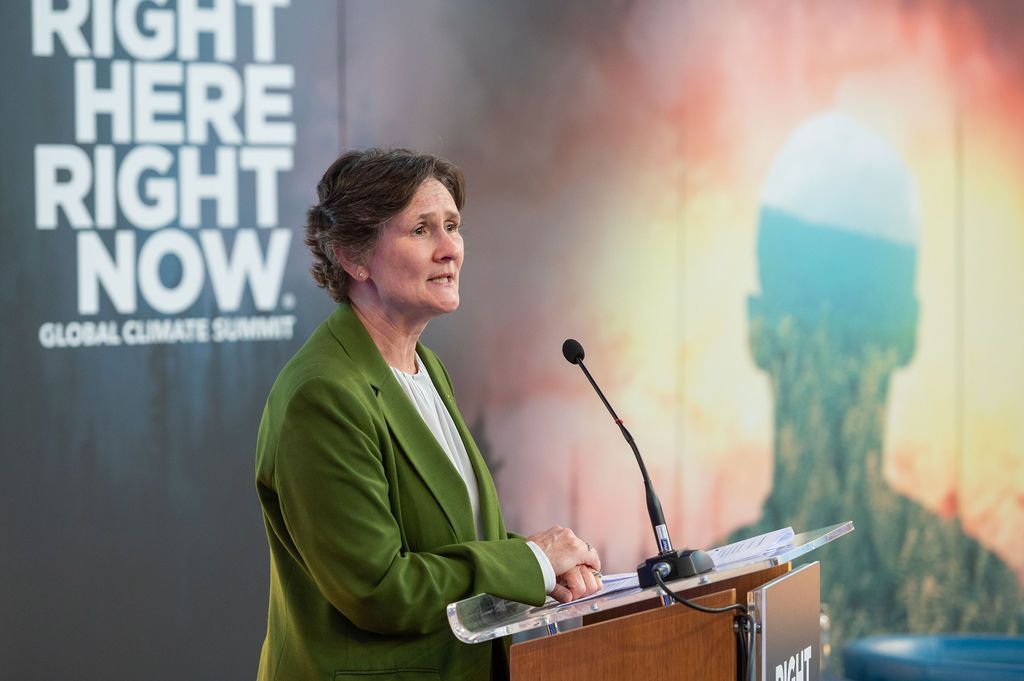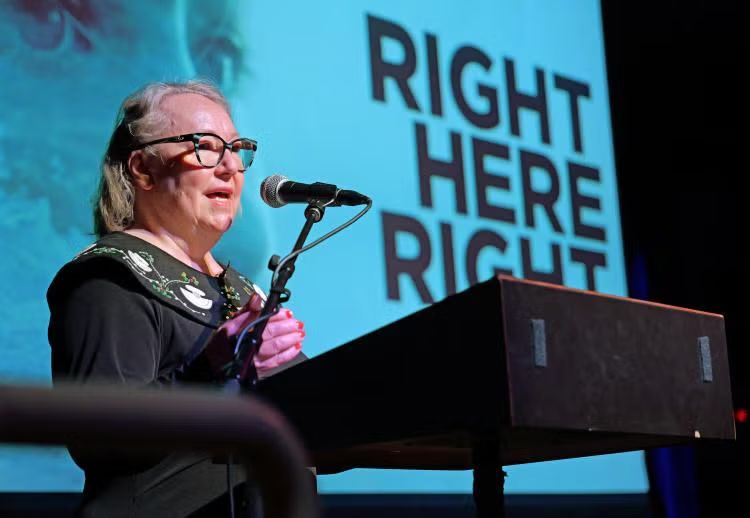By RHRN News
•
December 10, 2025
United Nations Human Rights, Saïd Business School, University of Oxford, and the Right Here, Right Now Global Climate Alliance Announce Multi-Year Plan to Host the Global Youth Climate Summit at Oxford on UN World Environment Day Geneva, Switzerland – 10 December 2025 – On UN Human Rights Day, the Office of the United Nations High Commissioner for Human Rights (UN Human Rights), Saïd Business School, University of Oxford (Oxford Saïd), and the Right Here, Right Now Global Climate Alliance (RHRN) announced a multi-year plan to host the Right Here, Right Now Global Youth Climate Summit annually on UN World Environment Day (5 June). The annual Summit will be jointly hosted by Oxford Saïd and UN Human Rights, with co-hosting support from leading universities worldwide, including the University of Colorado Boulder. The Summit will convene young leaders, scholars, policymakers, educators, and innovators to advance human rights-based climate solutions. “Climate change is already harming the rights of millions of people - and young people refuse to accept a future defined by loss and injustice,” said Astrid van Genderen Stort, Chief of External Engagement and Partnerships at UN Human Rights. “This annual summit seeks to support youth voices in shaping the policies, technologies, and decisions that will define our shared future.” The multi-year initiative establishes Oxford Saïd as the annual home of the RHRN Global Youth Climate Summit, positioning it as a central, youth- and university-driven pillar of the wider RHRN Global Climate Alliance ecosystem. The summit will serve as a touchpoint for collaboration and capacity-building related to human rights-based climate action across campuses and communities around the world. “At Oxford Saïd, we believe education is the catalyst for lasting change,” said Josephine Fawkes, Director of Global Inclusion and Youth Education, Saïd Business School. “The Right Here, Right Now Global Youth Climate Summit convenes young leaders from across the globe, offering a growing platform where they can learn from one another, develop bold solutions, and turn inspiration into action. Their shared commitment and collective power will shape the future of our planet - and we are proud to help elevate their voices.” “Around the world, young people are rising - organizing, innovating, and refusing to accept a future defined by crisis. This summit is a powerful reminder that when institutions genuinely support young people through action, trust and access – they help turn potential into leadership. By aligning with youth voices, Oxford Saïd, UN Human Rights, and the RHRN Global Climate Alliance are creating the conditions for us to lead with purpose and build the future we all deserve,” says Aniba Khan, winner of Oxford Saïd Climate Change Challenge 2023 and an active participant of the RHRN Global Youth Climate Summit 2025. The theme for the 2026 RHRN Global Youth Climate Summit focuses on ensuring climate technologies for mitigation and adaptation are aligned with human rights obligations. It also focusses on developing the tools needed to ensure a just transition to sustainable economies and societies that uphold human rights. The Summit will explore the human rights risks and opportunities of current and emerging technologies like renewable energy systems, resilient infrastructure, data and early-warning tools, and AI in the context of climate action and identify strategies to ensure these risks are mitigated and human rights are upheld. The Summit will be hybrid, hosted physically at Oxford Saïd and livestreamed globally, enabling broad participation while limiting travel and associated environmental impacts. Young people from 12 regions will contribute through dialogues, case studies, and presentations on the intersection of climate change, human rights, and climate technology, highlighting scalable solutions that strengthen resilience and protect communities on the front lines. “This renewed commitment by Saïd Business School builds directly on the success of our inaugural Right Here, Right Now Global Youth Climate Summit last June, which engaged participants from 55 countries,” said David Clark, Founder of the Right Here, Right Now Global Climate Alliance. “Oxford Saïd’s leadership and steadfast support for youth-led climate justice have been invaluable, and I am deeply grateful for their partnership. Together with UN Human Rights, we are working to support youths in advancing transformative change for people and planet.” ABOUT Right Here, Right Now Global Climate Alliance Launched at COP26 with global partner UN Human Rights, the Right Here, Right Now Global Climate Alliance seeks to place human rights at the center of global climate decision-making. The Alliance brings together universities, youth, policymakers, scientists, technologists, cultural leaders, and media organizations to advance human rights-based climate solutions through summits, education, and global engagement programmes. UN Human Rights UN Human Rights represents the world’s commitment to protecting and promoting human rights for all. Climate change poses an urgent threat to rights including food, water, health, housing, culture, and life itself. The Office works to advance climate action that is grounded in human rights and support the central role of those most affected by climate change - including youth, Indigenous peoples, women, and marginalized communities - in global climate responses. Saïd Business School, University of Oxford Saïd Business School at the University of Oxford is a vibrant and innovative business school, embedded within a 900-year-old world leading university. It creates programmes and ideas that have global impact and reach, and educates educate leaders, change makers and innovators across every industry and sector. The School´s groundbreaking research and exceptional teaching transforms individuals, who transform businesses, which transforms the world. Saïd Business School´s focus is to create impact from within. University of Colorado Boulder The University of Colorado Boulder is Colorado’s leading public research university, transforming lives since 1876. Home to five Nobel Laureates and world-renowned atmospheric and geological sciences research, CU Boulder’s vision is to transform lives in service to a just and sustainable world. CU Boulder hosted the inaugural Right Here, Right Now Global Climate Summit with UN Human Rights in 2022 and is proud to support the upcoming RHRN Global Youth Summit through its Conference on World Affairs, Buckley Center for Sustainability Education and Center for African & African American Studies (The CAAAS | The Cause).









